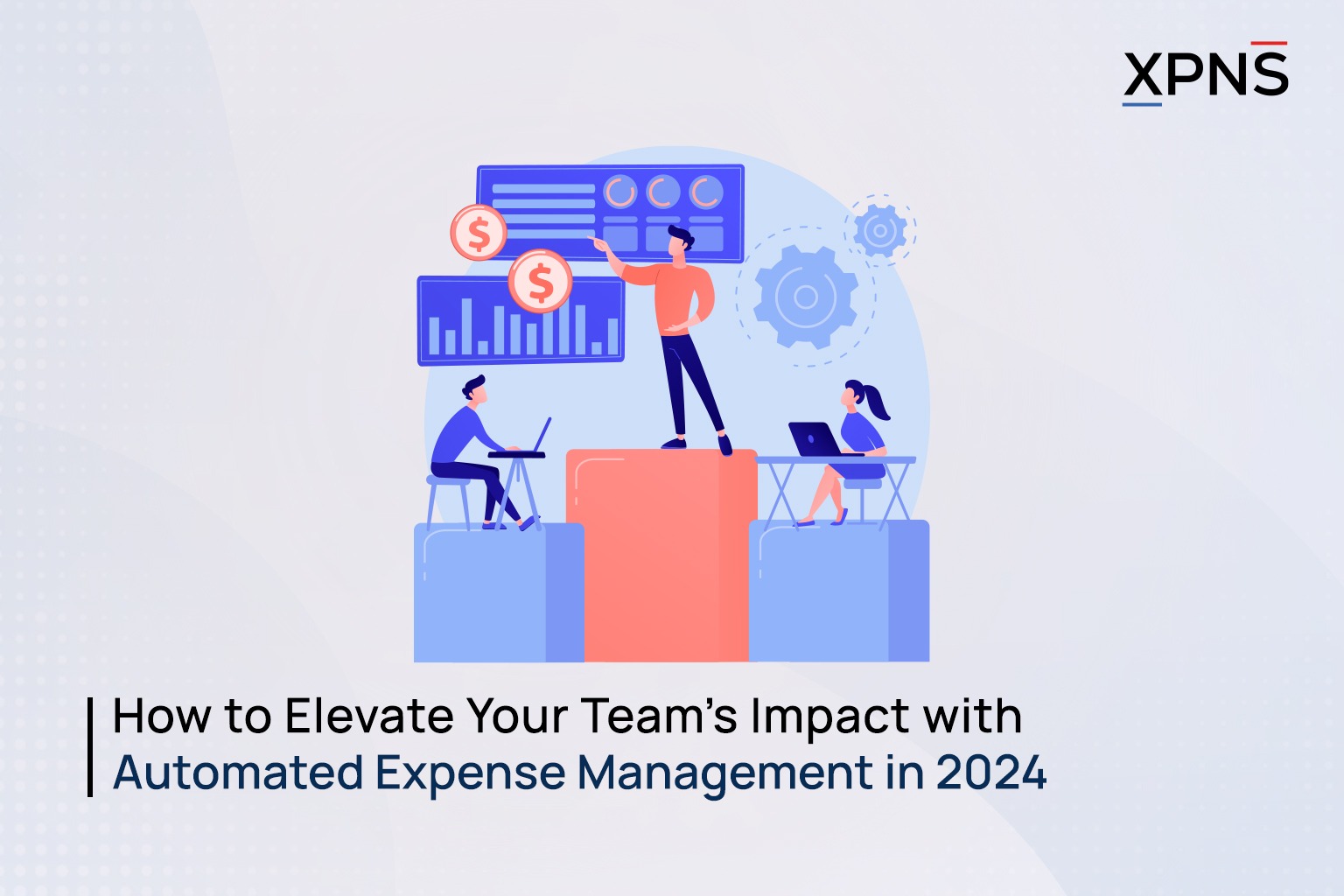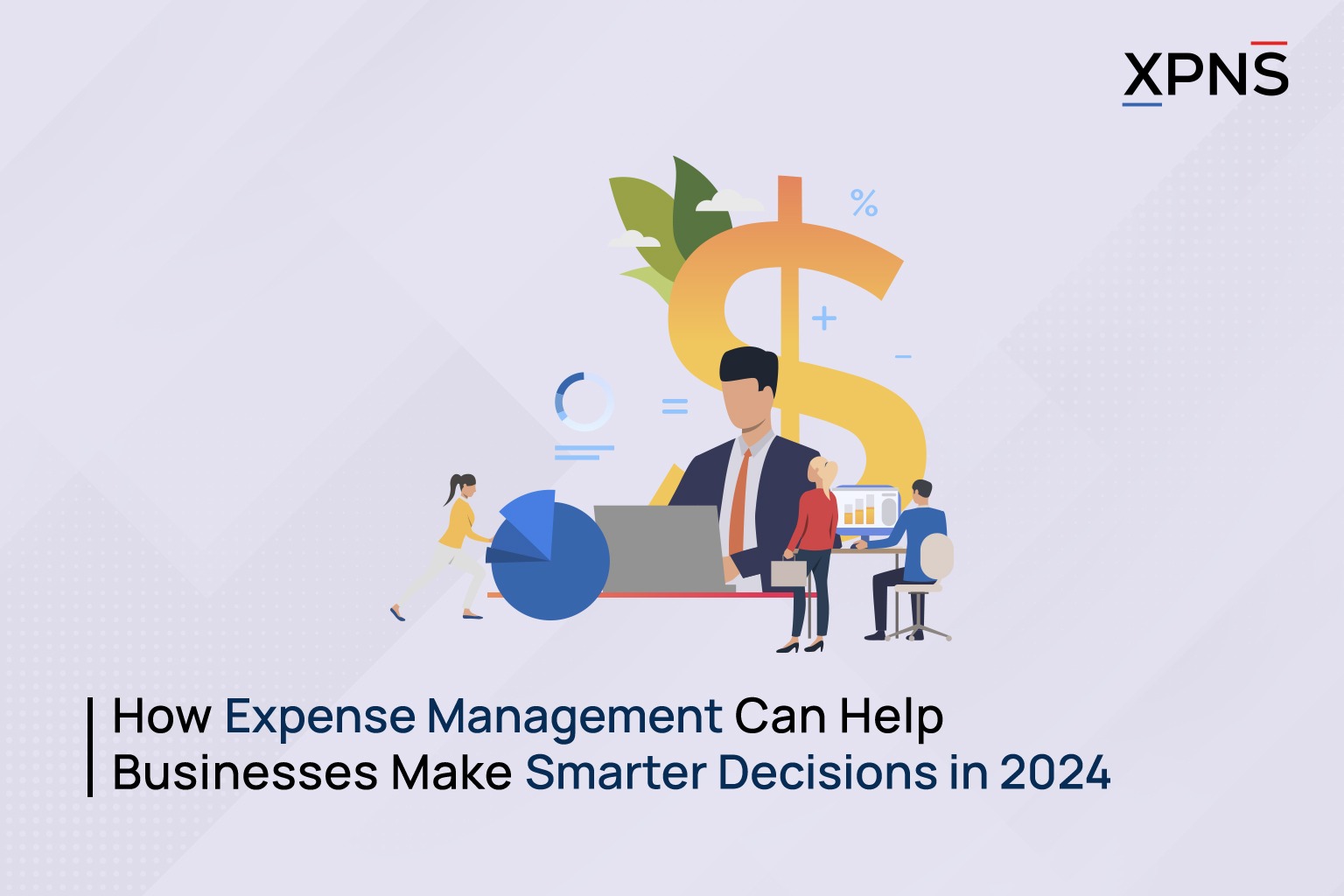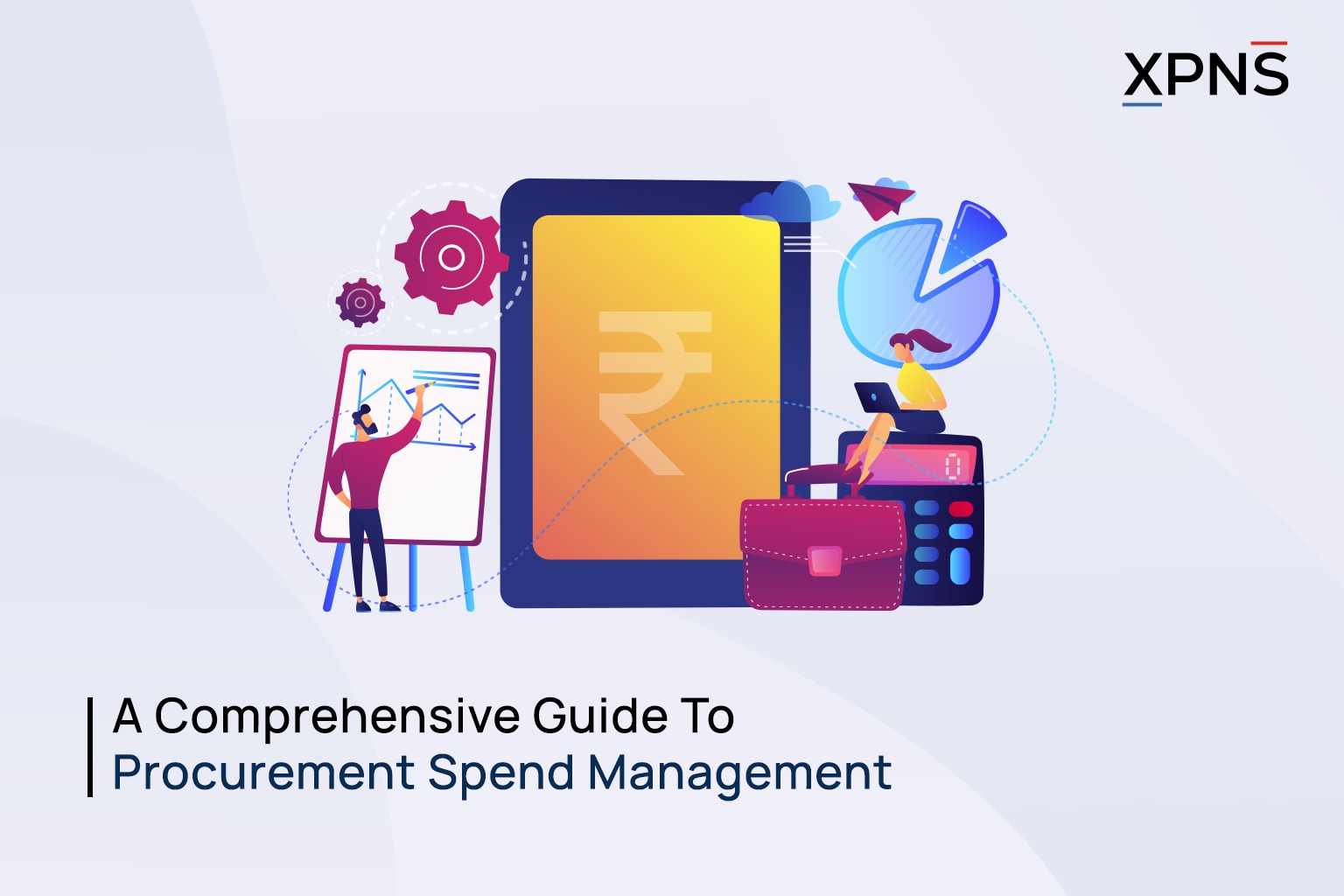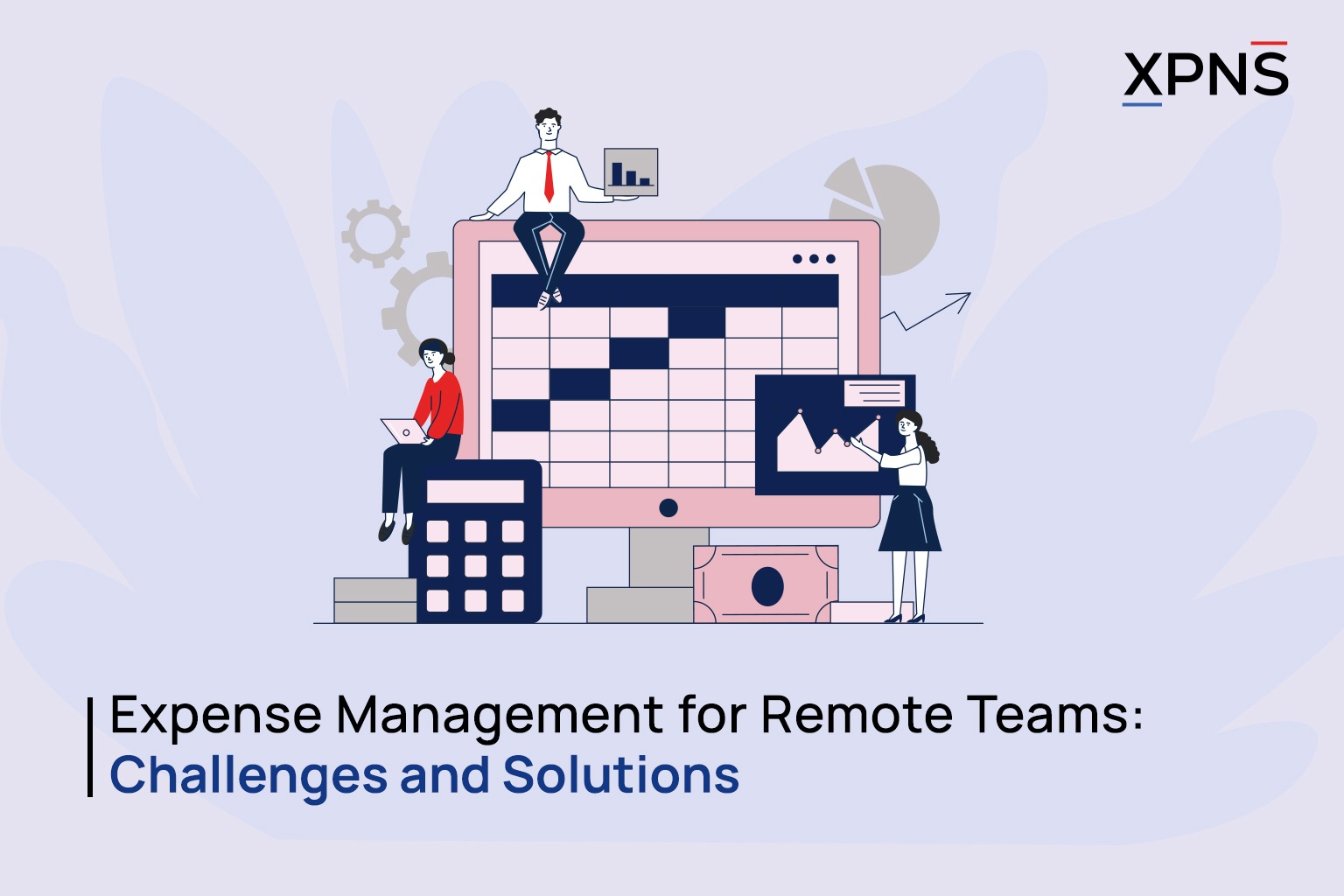What is an expense policy?
An expense policy is a set of rules that decides which employee expenses can be reimbursed to ensure consistency across the company. It guides your finance department or managers in approving or rejecting an expense claim. The expense policy also includes steps on the reimbursement process. Having an expense policy helps you to remove ambiguity on how company money can be spent. It reduces the typical back and forth between departments and finance teams for budget approvals.
Managing company expenses in an ad-hoc manner is not only complicated but also not feasible. It will become a major headache for the finance team to keep their books in order. In addition to having a policy, companies should also invest in expense management software, that simplifies the entire reimbursement process.
Creating an expense policy
Expense policies introduce a standard approach to employee spending and reimbursements. It eliminates confusion about what expenses will be approved or rejected, reduces fraud by submitting manipulated bills, and improves financial health by keeping budgets on track. Although every company will have its own allowances and restrictions, the core components of building a solid expense policy remain the same.
Define and categorize your budget
Business expenses come in a variety of forms. It could be travel or transportation costs, hospitality costs, training investment, office supplies costs, and credit card charges among other things. Once you define the categories, you can assign each one a budget. You can probably take suggestions from the heads of different departments so that there is minimal friction later on. While assigning the expense limit, consider the importance of a particular expense in facilitating an employee’s professional success. You can create these categories and manage the budgets easily through expense management software.
Treat all departments equally
Most people believe one department is more important than the other. It couldn't be any farther from the truth. An organization runs on the contributions of all interdependent teams. Therefore, it is essential to form a policy that is equal for all. You can’t have different rules of reimbursement for different teams. Besides stoking employee disharmony, such a plan will make it challenging for your accounts team to keep a handle on the finances.
Keep your policy simple
Understand that your expense policy is a universal policy for your entire organization. It needs to be prepared in a style that is easy for everyone to understand. While it is important to have all your bases covered, don’t make it a document that no one will read. Ensure that the processes for pre-approvals, reimbursements, and so on are easy and hassle-free.
If you pick one of the top expense management software, you get access to ready-to-use policy templates that make it easier to create expense policies.
Revisit your policy regularly
Your expense policy can’t be a rigid and absolute document, which can’t be changed to accommodate changes. As your business grows and your teams start to expand, you will have a variety of changes in terms of expense categories, reimbursement terms, and also permissible allowances. Your policies should reflect the state of your company
Consider local regulations
You need to consider the local regulations and practices when implementing your expense policy. Some of your rules may comply with national regulations, but they could conflict with regional law. So keep that as a checkbox when creating your expense policy.
Communicate your policy properly
Creating your policy is just one part of the task. You must ensure that it is properly distributed and understood. Your teams should clearly grasp the importance of each rule. Instead of building a voluminous document, involve your design team to prepare a visually attractive presentation. You can also have your HR or Finance team conduct sessions to explain the expense policy.
Some of the best practices for creating a perfect expense policy
-
Ensure you review national and regional laws that are associated with expense management and reimbursement.
-
Loop in your teams for their opinions, challenges, and feedback to avoid creating an anti-employee rulebook.
-
Make managers a part of your policy development journey as they will play an instrumental role in implementing it.
-
Use expense management software to manage, track and control your expenses seamlessly.
The key role of automation in implementing expense policy
Creating an expense policy might seem tedious and time-consuming as you will have to think through every expense and reimbursement detail. But the effort is an investment towards your company’s financial health. You can avoid a lot of unpleasant exchanges with your employees.
With a robust policy in place, you can avoid accounting mistakes, reimbursement mishaps and fraudulent claims. As much as it is important to have a strong expense policy, it is also essential to centralize your reimbursement operations using expense management software like XPNS, India’s first do-it-yourself expense management tool.
To learn more about XPNS,
click here.






































